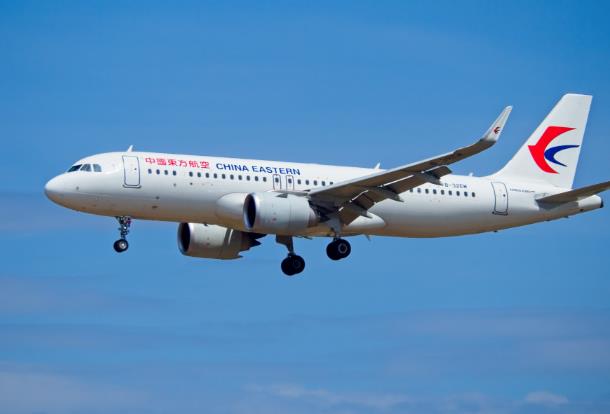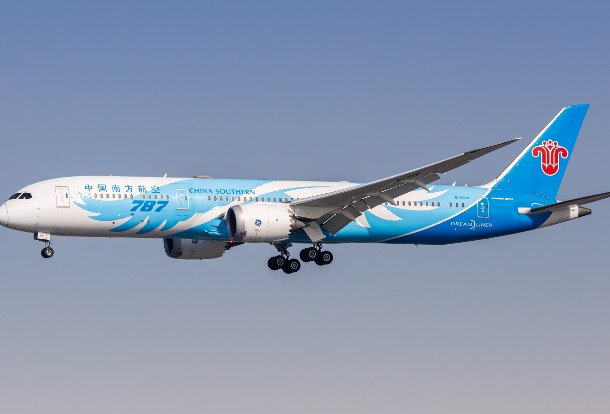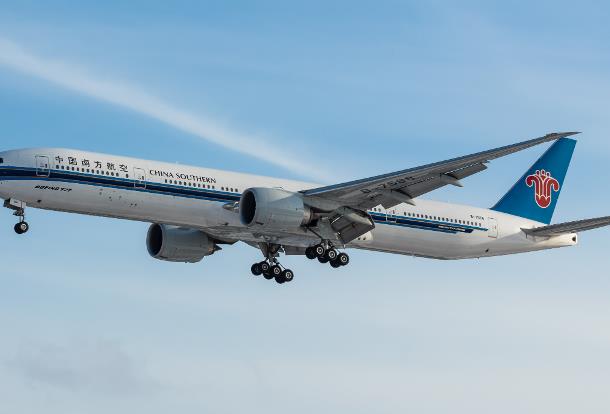China’s three flag-carriers reported improved operating revenues and profits for the financial year ended December 31, 2017, albeit at lower level than projected by analysts who expected the carriers to report record profits, based on soaring travel demand and the appreciation of Renminbi.
China Southern achieved an operating revenue of RMB 127,489 million, up 11.05% year on year. Net profit attributable to the equity shareholders was RMB 5,914 million, 16.97% higher than the year before.
China Eastern recorded revenues of RMB 101,721 million, increased by 3.21% YOY. Profit attributable to the equity holders of the Company totaled RMB 6,352 million, up 40.91% YOY.
Air China recorded a turnover of RMB 121.363 billion in 2017, up 7.7% YOY. Net profit attributable to shareholders of the listed companies was RMB 7.24 billion, up 6.26% YOY.
The carriers also saw improvement in key operational indicators for 2017. China Southern transported 126 million passengers, up 10.19% YOY, while its average passenger load factor reached 82.2%, 1.69 percentage points higher than the year before.
China Eastern served 111 million travelers, 8.91% more than the previous year, while passenger load factor was 81.06%, down 0.17 percentage points.
Air China carried a total of 102 million passengers, a year-on-year increase of 5.15%, while passenger load factor rose by 0.46 percentage points to 81.14%.

The carriers’ performances were lower than expected due not only to lower ticket prices and lower income but also rising costs. Fuel costs, constituting the bulk of total costs, posed significant impact on the carriers’ bottom lines.
For China Southern, jet fuel costs, which accounted for 50.64% of flight operation expenses, increased by 34.02% from RMB 23,799 million in 2016 to RMB 31,895 million in 2017. China Eastern’s total aircraft fuel cost of 2017 was RMB 25,131 million, 28.05% higher than the year before. Air China’s jet fuel cost hiked 29.24% YOY to RMB 6.427 billion.
China Southern estimated that a 10% fluctuation in fuel cost would lead to a difference of RMB 3,190 million in operating costs, assuming fuel consumption remained unchanged.
China Eastern estimated a 5% change in jet fuel costs could vary total fuel costs by approximately RMB 1,257 million in 2017, disregarding other factors such as fuel surcharge adjustments.
Similarly, Air China estimated a 5% deviation in jet fuel costs would cause total costs to go up or down by RMB 1.42 billion.




